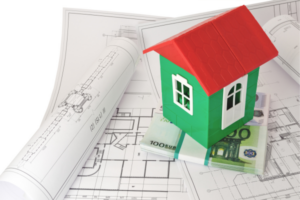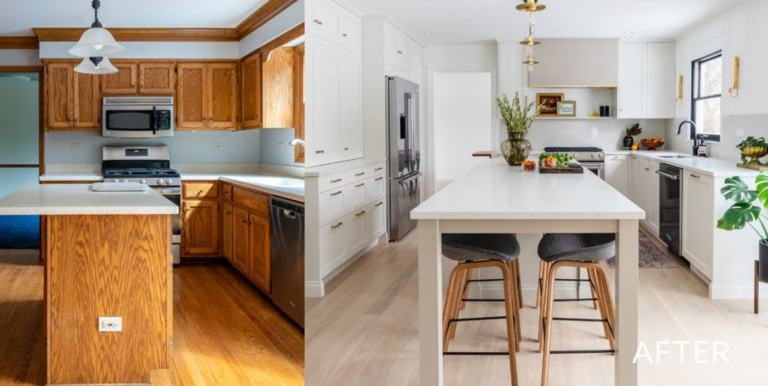Congratulations! You’re on the verge of embarking on an exciting journey to homeownership. Buying your first home is a significant milestone—one that requires careful planning and building a solid financial foundation. At LeaderOne Financial Roller Mortgage Team, we understand that the process can seem overwhelming, especially when it comes to managing your finances. But fear not, because we’re here to guide you through the process.
The Importance of Financial Stability
Building a solid financial foundation is like constructing a sturdy house. You need a strong base to support your dreams of homeownership. Financial stability is the cornerstone of this foundation. It involves managing your income, expenses, debts, and savings in a responsible and sustainable way. Let’s explore!
Setting Financial Goals
Setting clear financial goals is crucial for building a solid foundation. These goals act as beacons, guiding you towards homeownership. Start by asking yourself what you want to achieve in the short term and long term. Do you aim to save a specific amount for a down payment? Are you planning to improve your credit score? Write down your goals and establish a timeline for achieving them.
Remember, it’s essential to set realistic goals that align with your income and financial capabilities. Break down your goals into smaller, manageable steps and celebrate each milestone along the way. With determination and a clear vision, you’ll be well on your way to owning your first home.
Budgeting Like a Pro
Budgeting is the backbone of financial stability. It’s the tool that helps you track your income and expenses, ensuring that you stay on the right financial track. Start by evaluating your monthly income from all sources. Then, list your essential expenses, such as rent, utilities, transportation, and groceries.
Next, prioritize your financial goals within your budget. Allocate a portion of your income to savings, debt repayment, and other specific goals. Be mindful of your spending habits and identify areas where you can cut back or make adjustments. Remember, every dollar saved brings you closer to your dream of homeownership.

Saving Strategies for First-Time Homebuyers
Saving for a down payment is one of the most significant challenges for first-time homebuyers. It requires discipline, commitment, and a smart saving strategy. Here are some strategies to help you reach your down payment goal faster:
- Automate your savings: Set up automatic transfers from your checking account to a dedicated savings account. Treat your savings like any other monthly bill—it becomes a habit that helps you accumulate funds over time.
- Cut unnecessary expenses: Analyze your spending habits and identify areas where you can cut back. Brew your coffee at home, cook meals instead of eating out, and look for free or low-cost entertainment options. Every small adjustment adds up and accelerates your savings.
- Explore down payment assistance programs: Research local, state, and federal programs that offer down payment assistance to first-time homebuyers. These programs provide grants, loans, or subsidies to help bridge the financial gap.
- Increase your income: Consider taking on a side gig or exploring opportunities for career advancement that offer higher income potential. Boosting your earning power can significantly speed up your savings.
Remember, building a solid financial foundation requires patience and commitment. Stay focused on your goals, and with each dollar saved, you’ll be one step closer to unlocking the door to homeownership.
Paying Off Debts: The Road to Freedom
Debt can be a significant roadblock on your journey to homeownership. Before taking on a mortgage, it’s crucial to reduce or eliminate high-interest debts. Start by organizing your debts and prioritizing them based on interest rates and balances.
Consider using either the avalanche or snowball method to tackle your debts. The avalanche method involves paying off the debt with the highest interest rate first, while the snowball method focuses on paying off the debt with the smallest balance. Choose the approach that aligns with your personality and motivation style.
Paying off debts not only improves your financial health but also boosts your credit score. Lenders consider your debt-to-income ratio when determining your eligibility for a mortgage. By reducing your debts, you’ll improve your chances of securing a favorable loan and interest rate.
Establishing a Good Credit Score
Your credit score plays a crucial role in the mortgage approval process. It reflects your creditworthiness and helps lenders assess the risk associated with lending to you. Building and maintaining a good credit score is essential for securing a favorable mortgage.
To establish a good credit score, follow these tips:
- Pay your bills on time: Payment history is the most significant factor influencing your credit score. Set up automatic payments or create reminders to ensure you never miss a payment.
- Keep credit card balances low: Aim to keep your credit utilization ratio—the amount of credit you use compared to your credit limit—below 30%. Pay off balances in full whenever possible.
- Don’t close old credit accounts: Length of credit history is another important factor. Keep old accounts open, even if you’re no longer using them. Closing accounts can shorten your credit history and negatively impact your score.
- Monitor your credit report: Regularly review your credit report to identify any errors or discrepancies. Report any inaccuracies to the credit bureaus and have them corrected.
By establishing a good credit score, you’ll have access to better loan options and interest rates, making your homeownership journey more affordable and rewarding.
The Magic of Emergency Funds
Life is unpredictable, and unexpected expenses can derail your financial plans. That’s why having an emergency fund is essential. An emergency fund acts as a safety net, providing you with peace of mind and financial security.
Aim to save three to six months’ worth of living expenses in your emergency fund. This fund should be easily accessible, such as a high-yield savings account, and separate from your other savings. It will protect you from unexpected events like medical emergencies, car repairs, or job loss.
Building an emergency fund takes time and discipline. Start small and gradually increase your savings contributions. Remember, even small amounts add up over time. With an emergency fund in place, you’ll be better equipped to handle life’s curveballs without jeopardizing your homeownership goals.
The LeaderOne Lowdown on Building a Solid Financial Foundation
To achieve financial stability, you must assess your current financial situation, determine your goals, and make a plan to reach them. Whether it’s saving for a down payment, improving your credit score, or paying off debts, taking control of your finances is the first step towards building a solid foundation. Contact our team today to get moving on your path to homeownership.



